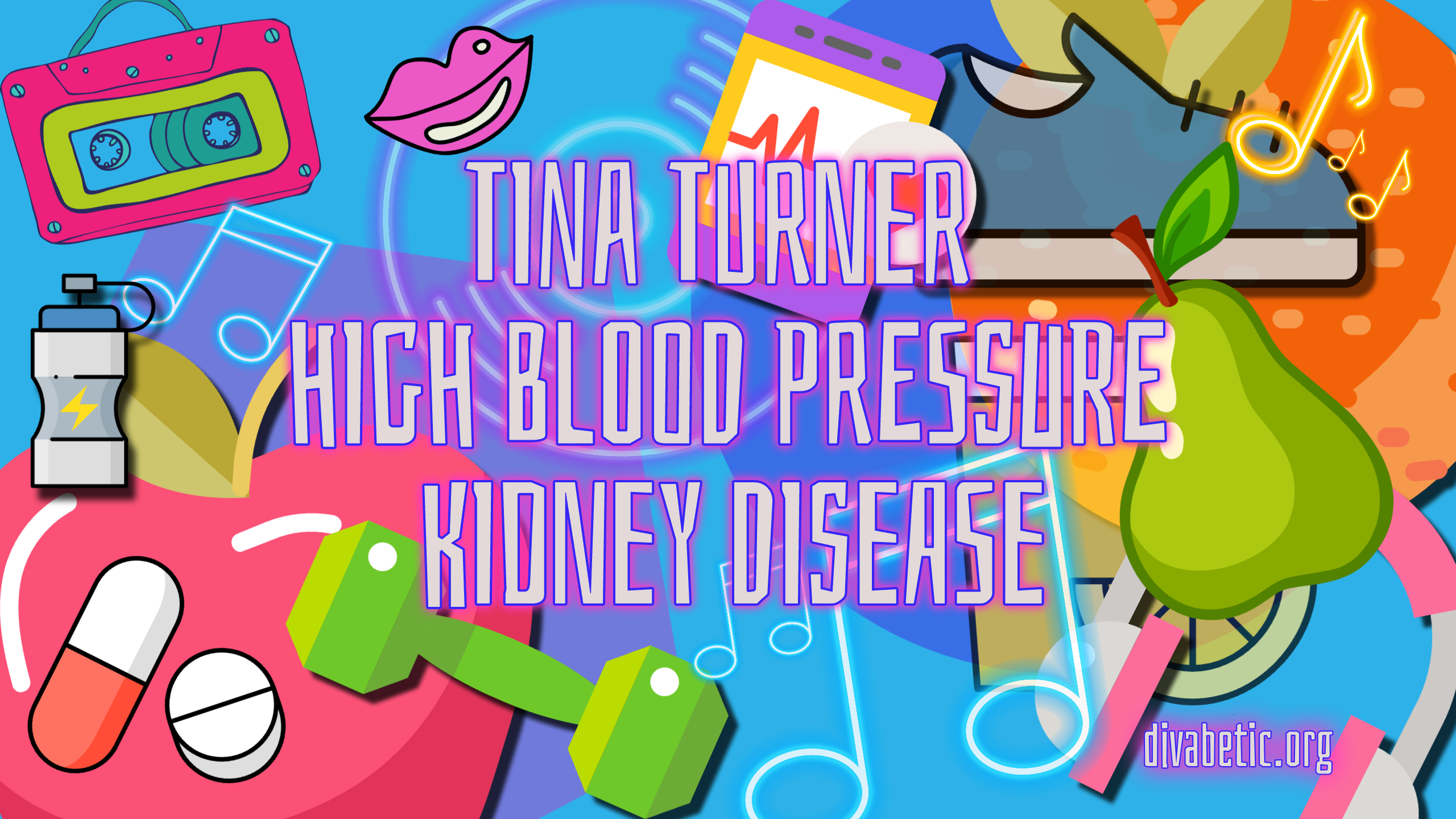Vesta Williams was a rhythm and blues singer and later an actress who had hits in the 1980s with Bitten Twice Shy and Sweet, Sweet Love. From upbeat songs to passionate ballads, her music is part of the soundtrack of our lives.
The 80’s diva known for her powerful voice was found dead in her California hotel room in 2011. She was 53.
Our favorite is the torch song Congratulations, in which she emotionally bids goodbye to her former lover, who is about to marry someone else, on his wedding day. (“I thought it would have been me/Standin’ here with you.”) The video is pure camp, but we love it anyway.
Vesta Williams’s initial success in the music industry came as a background singer for Chaka Khan, Anita Baker, and Sting. She released her first album, Vesta, in 1986.

“There’s some good swinging energy from side to side, and strong melodies brought by the enjoyable vocals,” states an album review on Rate Your Music website.
Her album, Vesta 4 U, received outstanding reviews. One Amazon fan wrote, “this is the best and most popular CD from one of the most underrated vocalists of our time, the late great Vesta Williams. Her voice is so commanding, and the songs like the soulful Sweet Sweet Love and her signature Congratulations are classic! It was so great to have a big talent grace us on Earth.”
In the 1990s, Williams made headlines for her dramatic weight loss. She started to gain weight when her singing career began to falter rapidly. Williams, who was 5-foot-3, eventually reached a size 26.
She blamed her size for losing her recording contract in the mid-90s. “When I lost my record deal, and my phone wasn’t ringing, I realized that I had to reassess who Vesta was and figure out what was going wrong,” she said. “I knew it wasn’t my singing ability. So it had to be that I was expendable because I didn’t have the right look.”

Vesta Williams also became an advocate for the prevention of childhood obesity and diabetes.
Family friend and singer Norwood Young confirmed with the family that she passed away due to complications of an enlarged heart.
Young said, “Although it’s a sad situation overall, we learn from Vesta’s death. Vesta did indeed die from an enlarged heart. As we know, an enlarged heart can remain undetected in the body for many years.”
An enlarged heart can be caused by conditions that cause your heart to pump harder than usual or that damage your heart muscle. Sometimes, the heart enlarges and weakens for unknown reasons (idiopathic). A heart condition you’re born with (congenital), damage from a heart attack, or an abnormal heartbeat (arrhythmia) can cause your heart to enlarge. Other conditions associated with an enlarged heart include:
High blood pressure. ‘Your heart is working overtime all the time’ is how Patricia Addie-Gentle CDCES describes high blood pressure. Unmanaged high blood pressure can lead to a poor quality of life or even a deadly heart attack or stroke. Treatment and lifestyle changes can help control high blood pressure to reduce the risk of life-threatening complications.
Divabetic remembers Luther Vandross (April 20, 1951 – July 1, 2005) with this special podcast, Tribute to Luther Vandross, celebrating his career during the 1990’s. Luther Vandross was a musical master whose style has influenced an entire generation of today’s vocalists. His distinctive brand of satin-smooth vocal magic moved international audiences and continues to touch people today.
The happy healthcare host, Max “Mr. Divabetic” Szadek, who worked with Vandross for more than 14 years, hosts this tribute podcast featuring Luther’s former vocalists Paulette McWilliams, Pat Lacy, Tawatha Agee, Cindy Mizelle, and Kevin Owens, band member Bryon Miller, Luther’s niece, Seveda Williams, friends Darren Margo and Dave Jones, the Luther Vandross historian, Leon Petrossian and Luther super fan, Jane Goodman from Great Britain.
Throughout the podcast, we will play selected Luther Vandross songs that he recorded during the 1990’s courtesy of SONY Music.
Divabetic, inspired by Luther’s diabetes journey, revisits the singer’s career in the decade of hair scrunchies, boy bands, grunge, and rave parties. This Luther tribute remembers the moments, the music, the man, and the motivation to ensure that no one struggles with diabetes alone or in silence. Keep ‘your house a home’ and learn how to prevent diabetes health-related complications from occurring. Visit: www.divabetic.org











